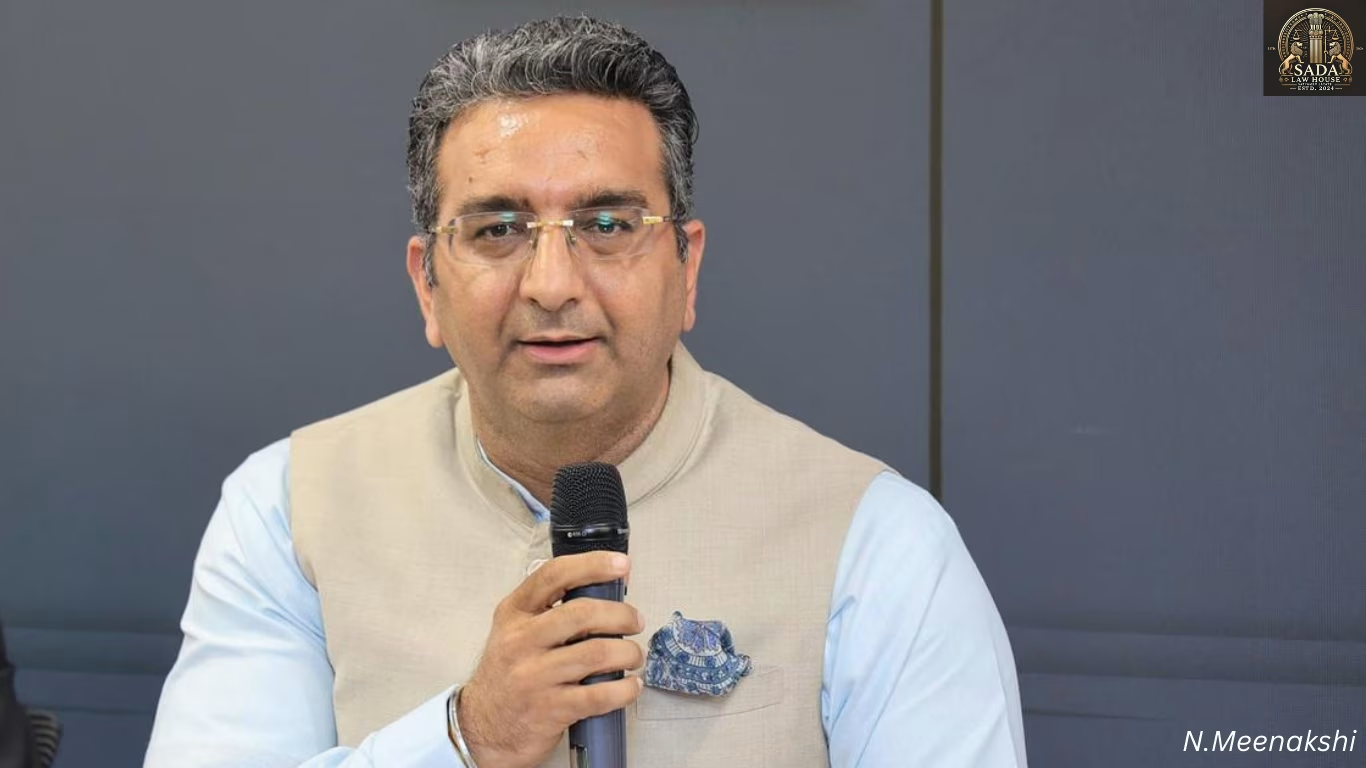Delhi HC Orders Removal of Social Media Posts on BJP Leader Gaurav Bhatia’s TV Appearance
- Kashak Agarwala
- 26 September 2025

Introduction
The Delhi High Court has ordered the removal of allegedly defamatory social media posts and videos related to BJP leader Gaurav Bhatia’s television appearance on a News18 debate. Justice Amit Bansal ruled that if original uploaders fail to delete the content, intermediary platforms such as Google and X (formerly Twitter) must step in and ensure removal.
Background of the Case
The controversy began when a video clip of Gaurav Bhatia appearing on a News18 debate show hosted by Amish Devgan circulated online. In the clip, Bhatia appeared to be wearing a kurta without pyjamas or pants. Bhatia later clarified that he was wearing shorts, but argued that the content was deceptively presented and circulated without his consent.
Bhatia’s Stand
Represented by advocate Raghav Awasthi, Bhatia claimed the posts were not satire but outright defamation. He stressed that the material was offensive, vulgar, and ridiculed his physical appearance. Bhatia personally addressed the court, remarking that reputation takes decades to build and should not be destroyed under the pretext of humour.
Court’s Observation
Justice Bansal held that the posts prima facie caused reputational harm and could not be justified as free speech. The Court emphasized that freedom of expression under Article 19(1)(a) is subject to reasonable restrictions under Article 19(2), including defamation. The Court directed that defamatory content must be removed promptly.
The Defamation Suit
Bhatia’s defamation suit names 22 defendants, including:
Samajwadi Party’s social media unit
Congress leader Ragini Nayak
AAP leader Saurabh Bhardwaj
Journalist Abhisar Sharma
Digital outlets like Newslaundry and News18
Content creators like Rofl Gandhi and Ranting Gola
Additionally, intermediaries Google and X were made parties to ensure compliance with takedown orders.
Free Speech vs. Defamation
The case revives the debate between safeguarding free expression and protecting individual reputation. While satire and criticism are part of political discourse, the Court stressed that vulgarity and personal attacks cannot be shielded as humour.
Political Context
The controversy has taken a political turn. BJP leaders allege a coordinated smear campaign by opposition parties, while rivals argue that politicians must tolerate higher levels of criticism. However, Bhatia insists the posts crossed permissible limits, amounting to vulgar defamation rather than satire.
What Lies Ahead
The High Court’s directions mark a significant precedent in online defamation disputes involving political figures. While Bhatia may secure relief through takedowns, broader questions remain about intermediary liability and the limits of political satire in the digital age.
Conclusion
The Delhi High Court’s intervention underscores its commitment to protecting reputation in the face of online ridicule. By balancing free speech with restrictions against defamation, the ruling signals that humour cannot be used as a defence for vulgar and defamatory attacks on public figures.






